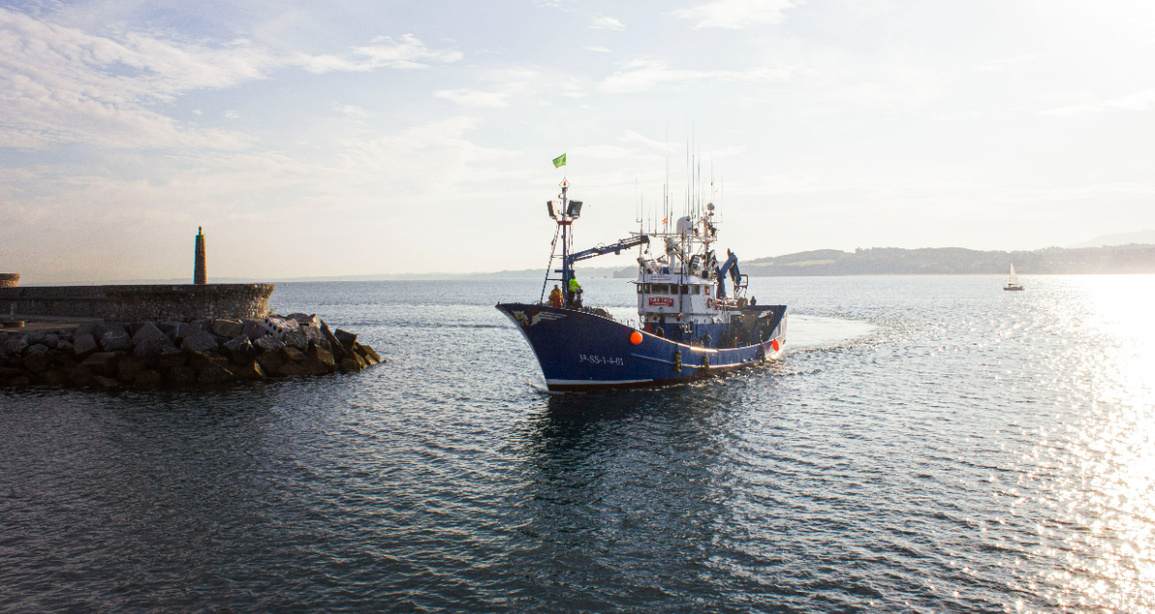
When you get on board a fishing boat, you understand that there are different types of digital divide. As Norberto Emazabel, the skipper of the Tuku-Tuku fishing boat, belonging to the Hondarribia brotherhood, commented in an interview, “in a space 30 meters long by six or seven meters wide, there are usually 16 people and there is not even a telephone, because "It is expensive and we use it to send fishing data." Going out to work for weeks on the high seas aboard this type of boat, in which the space for the cabins and the dining room is economized to the maximum, is an enormously demanding task that the satellite can help make more bearable. and efficient. Only the use of satellite connectivity can allow the crew of these ships to have Internet access on their mobile devices almost 200 miles west of Gijón so they can talk to their loved ones and have a window to the mainland; or that the efficiency and safety of fishing on board is improved.
It is not an easy task. The maritime environment, with its continuous movement and sea corrosion, requires that the onboard antenna be protected and maintain pointing to the satellite at all times. Also that the connection it offers can go through the complex skeleton of the ship and coexist with the mechanics of the engine room. And yet it works.
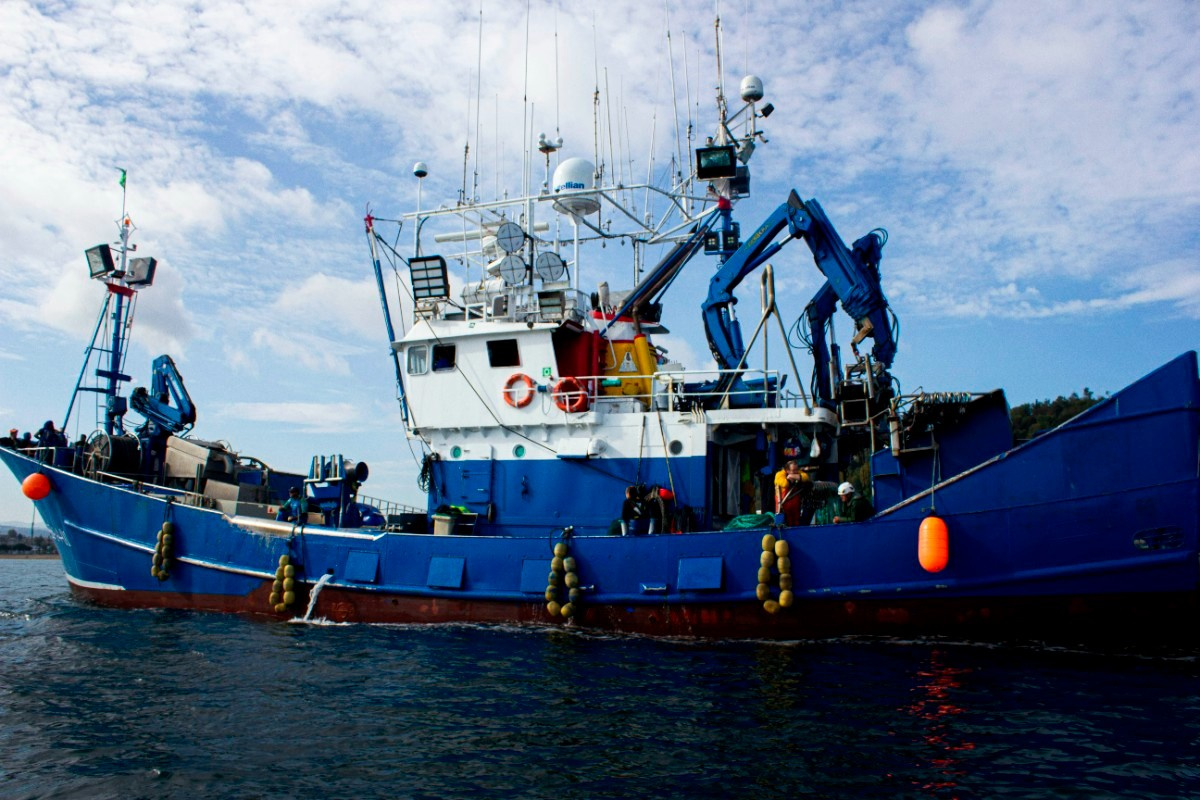
Along with the pilot deployed in the Sierra de Aralar, the Red Eléctrica Group - through HISPASAT and Elewit - has worked with Nexmachina and Satlink on a second satellite IoT pilot, this time focused on the fishing sector. In this way, sensorization has been carried out on the Tuku Tuku aimed at improving the safety conditions of its crew and fishing activity. Firstly, CO2 sensors have been installed in the cabins and the dining room to detect any ventilation problems that endanger the crew. In addition, the Tuku Tuku has a temperature sensor to control that the 25 tons of bonito that can be stored in the refrigerators during their journeys 180 miles west of Gijón are kept in perfect condition. And finally, in the engine room, a noisy, hot maze of gears, a vibration sensor has been installed that can detect abnormal behavior in the machinery. This is essential to prevent strange noises from being produced that scare away the fish near the fishing boat and ruin the work day. This sum of small things will result in more efficient and safer fishing activity and savings in quality audits and boat maintenance contracts.
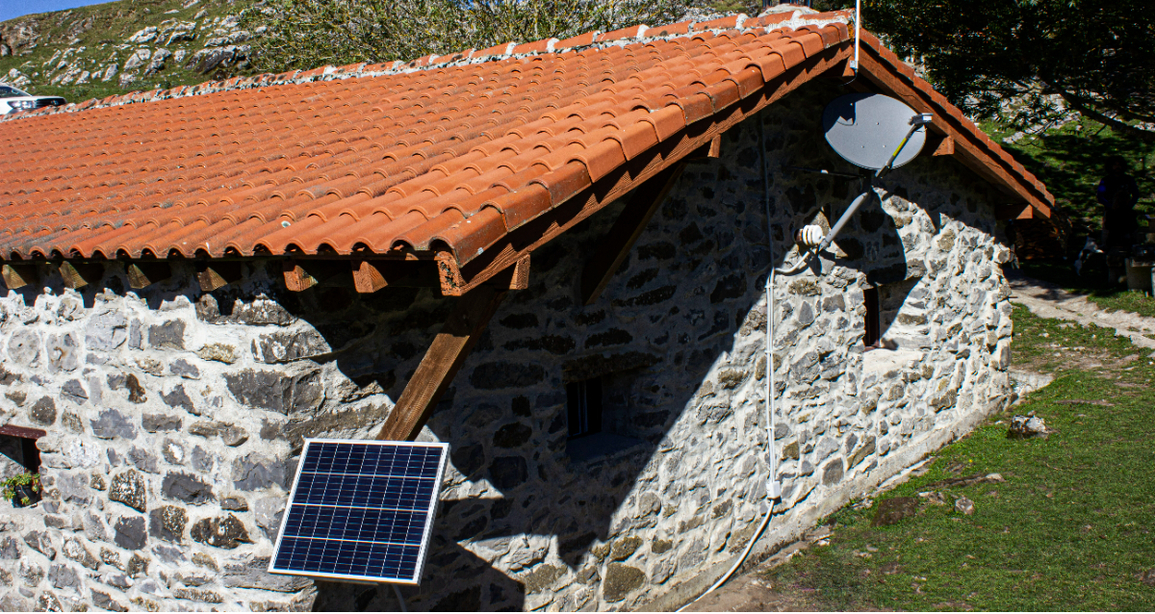
In Redeia, through HISPASAT and Elewit, it leads a pilot project in which it works with the IoT solutions integrator Nexmachina to implement in the area a series of connectivity applications aimed at improving the conditions of the shepherds in their cabins, guaranteeing their security and optimize the resources of the municipalities in the area.
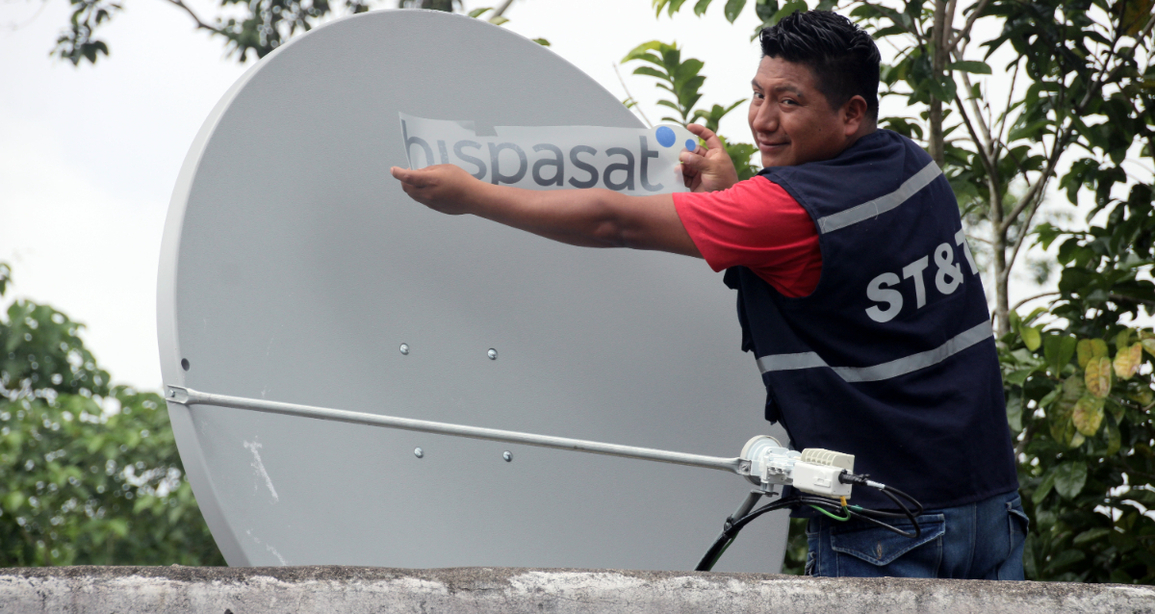
We donated to five remote schools in the country a complete digital classroom and satellite broadband solution that will benefit more than 400 students, and a satellite telemedicine service to provide primary care remotely.
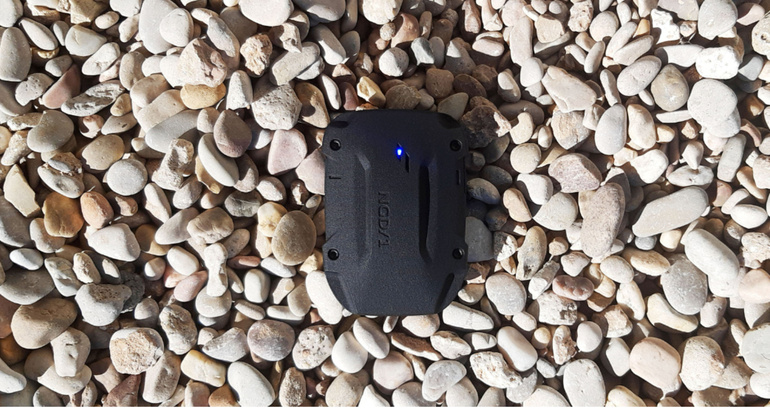
The use of satellite allows hikers or workers to use wearable devices in remote areas to monitor their activity, detect falls or send alerts in the event of an accident so that emergency teams can act as quickly as possible.
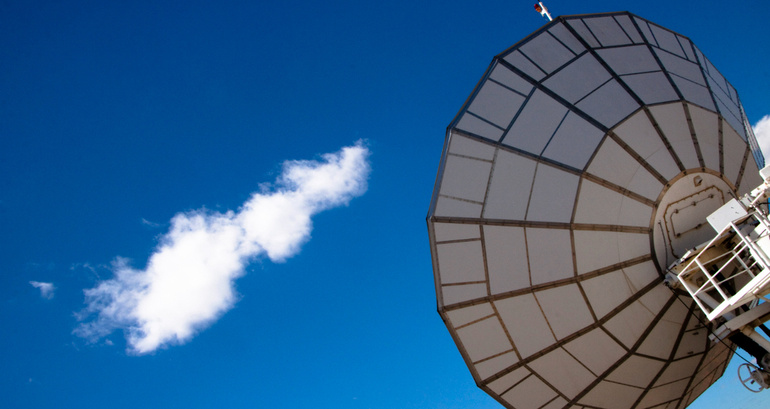
This 2021 that is now ending, marked by the pandemic and the measures aimed at reducing its impact, has been for HISPASAT a year full of good news and initiatives of great importance for promoting connectivity in Spain and the American continent.
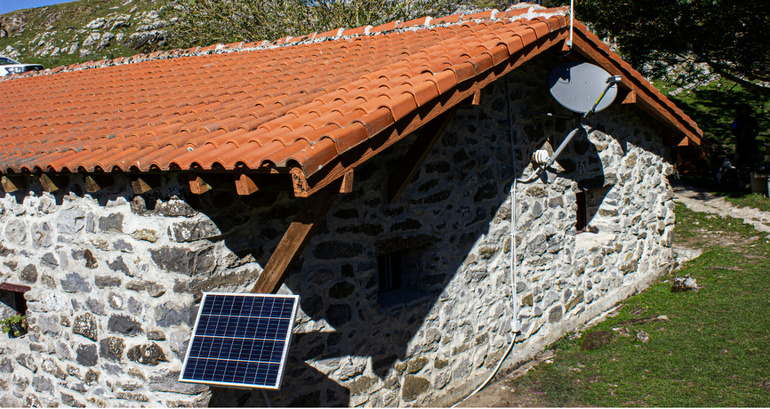
In Redeia, through HISPASAT and Elewit, it leads a pilot project in which it works with the IoT solutions integrator Nexmachina to implement in the area a series of connectivity applications aimed at improving the conditions of the shepherds in their cabins, guaranteeing their security and optimize the resources of the municipalities in the area.